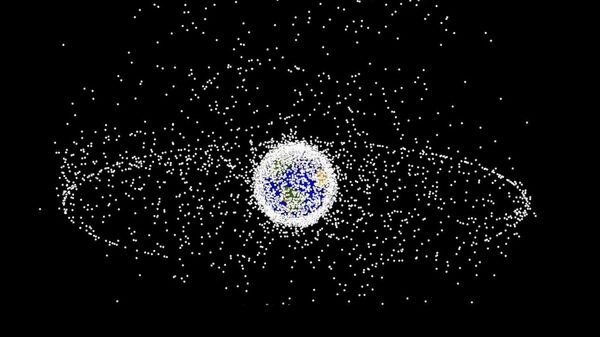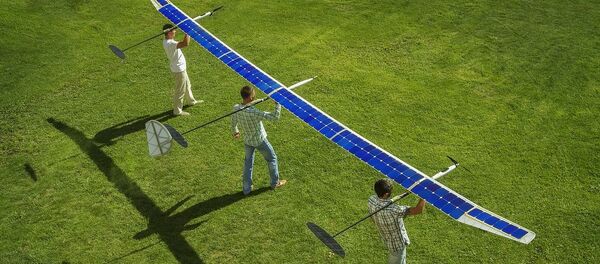The probe is part of a flotilla of 73 artificial orbital bodies aboard the Soyuz rocket, which was launched last Friday.
When asked about the functions the new satellite, dubbed Mayak, and about the hopes and expectations regarding its launch and deployment, Nikita Yershov said there were some scientific goals and utilitarian ones too.
“The satellite will test aero-braking techniques that could be used in removing space junk from our planet’s orbit,” Yershov explained.
The space probe, whose name translates as “beacon,” is expected to be one of the brightest objects in the sky. One downside of this could be the so-called “light pollution” of the sky though.
Yershov allayed these fears saying that the Mayak will certainly not be as bright as the sun or the moon – rather like stars, artificial satellites or other man-made objects circling our planet.
“Of course, we’ll do something bigger, more exciting and more important things as we go,” Yershov said.



